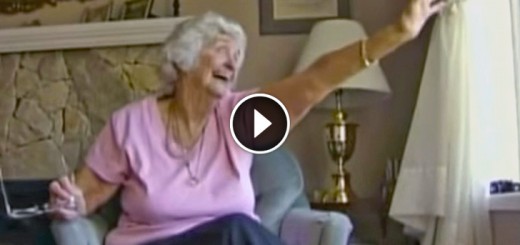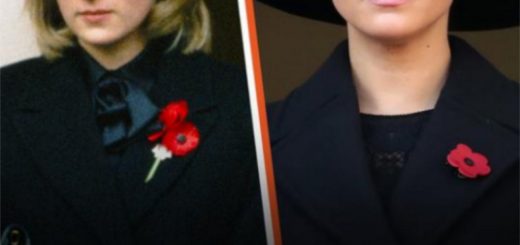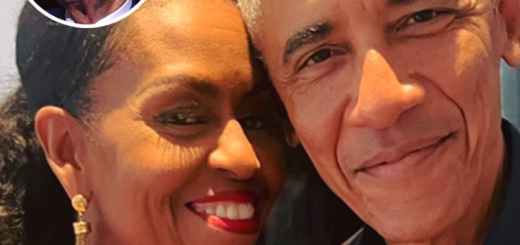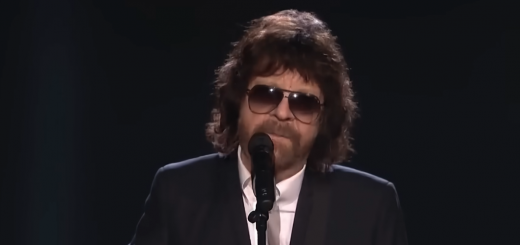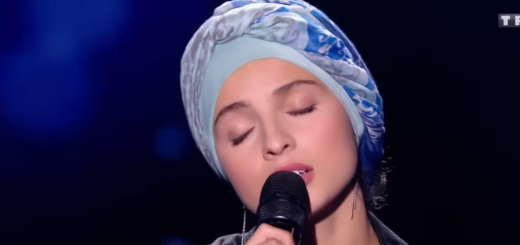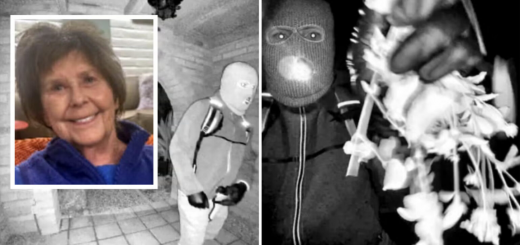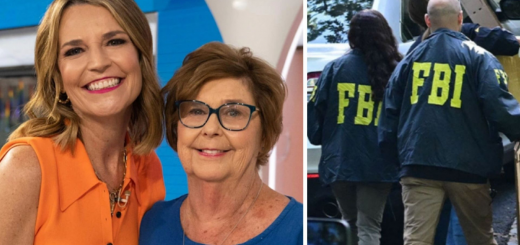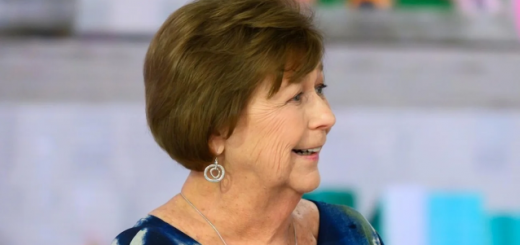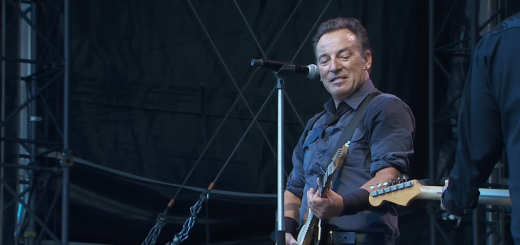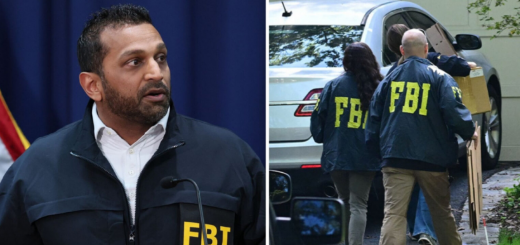Why the 1972 Oscars Are Still Celebrated as the Best in History
Revisiting the Legendary 1972 Oscars: A Night That Defined Hollywood History
The 1972 Academy Awards remains a cherished moment in cinematic history, often described as a golden chapter in Hollywood’s legacy.
Unlike today’s often formulaic ceremonies, the 44th Oscars encapsulated a raw, heartfelt celebration of filmmaking—a vivid time capsule reflecting the cultural and artistic shifts of the era.
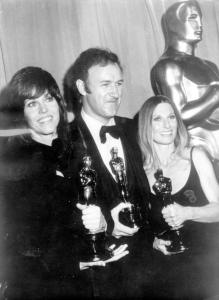
A Celebration of Cinema’s Finest
The ceremony honored a roster of groundbreaking films that have since become timeless classics. The French Connection stole the spotlight with five Oscars, including Best Picture, Best Director for William Friedkin, and Best Actor for Gene Hackman.
Known for its gritty storytelling and iconic car chases, the film set a new standard for thrillers. Hackman, overwhelmed by his win, delivered an emotional speech that remains etched in Oscars lore.
Stanley Kubrick’s A Clockwork Orange, a controversial yet visionary masterpiece, also earned nominations, adding to the ceremony’s cultural significance.
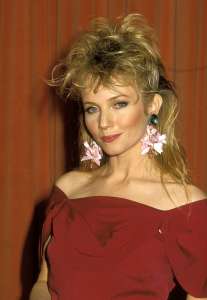
Meanwhile, The Last Picture Show and Fiddler on the Roof showcased the era’s diverse storytelling, with the former winning acting accolades for Cloris Leachman and Ben Johnson.
Glitz, Glamour, and Elegance
The 1972 Oscars marked a return to classic Hollywood elegance. Stars graced the red carpet in flowing gowns, diamonds, and timeless tuxedos, embodying a bygone era of glamour.
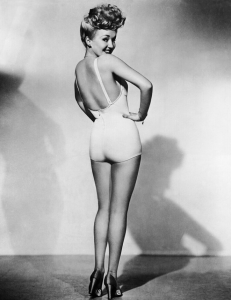
Unlike the more experimental fashions of previous years, this ceremony celebrated vintage sophistication. Jane Fonda made a bold statement in a chic pantsuit, while others opted for floor-length chiffon and luxurious brocade.
Unforgettable Performances
One of the night’s standout moments was Isaac Hayes’s historic win for Best Original Song with his iconic “Theme from Shaft.”
Hayes’s electrifying performance—shirtless, adorned in chains, and surrounded by dynamic dancers—brought soul music to the Oscars stage in a groundbreaking way.
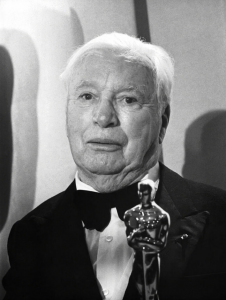
His dramatic exit, vanishing beneath the stage in a swirl of smoke, epitomized the magic of the evening.
Emotional Farewells
The ceremony also served as a poignant farewell for two Hollywood icons. Actress Betty Grable, a symbol of Hollywood’s golden age, made one of her final public appearances.
Wearing a striking turquoise gown, she dazzled the audience, leaving an indelible mark before her untimely passing the following year.
Additionally, Charlie Chaplin’s surprise appearance to accept an honorary award was a moment of profound emotion.
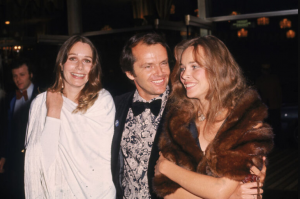
The legendary actor, long exiled from Hollywood, received a record-breaking 12-minute standing ovation. His heartfelt words reflected the humility and gratitude of a cinematic pioneer returning to the spotlight.
Bridging Generations
The 1972 Oscars beautifully blended old and new Hollywood. Icons like Jane Russell and Betty Grable shared the stage with rising stars such as Gene Hackman, Cloris Leachman, and Raquel Welch.
This intersection of eras highlighted a period of transition, where classic storytelling met the innovative spirit of a new generation.
A Night to Remember
The red carpet, the heartfelt speeches, and the historic wins made the 1972 Oscars a truly unforgettable evening.
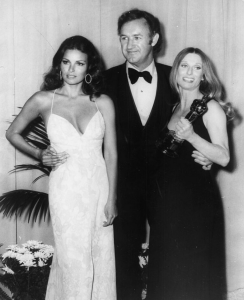
Photographs from the night, like the iconic image of Raquel Welch, Cloris Leachman, and Gene Hackman together, encapsulate the spirit of an industry in transformation.
Looking back, the 1972 Oscars was more than an awards ceremony; it was a celebration of art, culture, and the enduring magic of film.
Its timeless allure continues to captivate audiences, reminding us why this event remains one of the most celebrated in Academy history.


